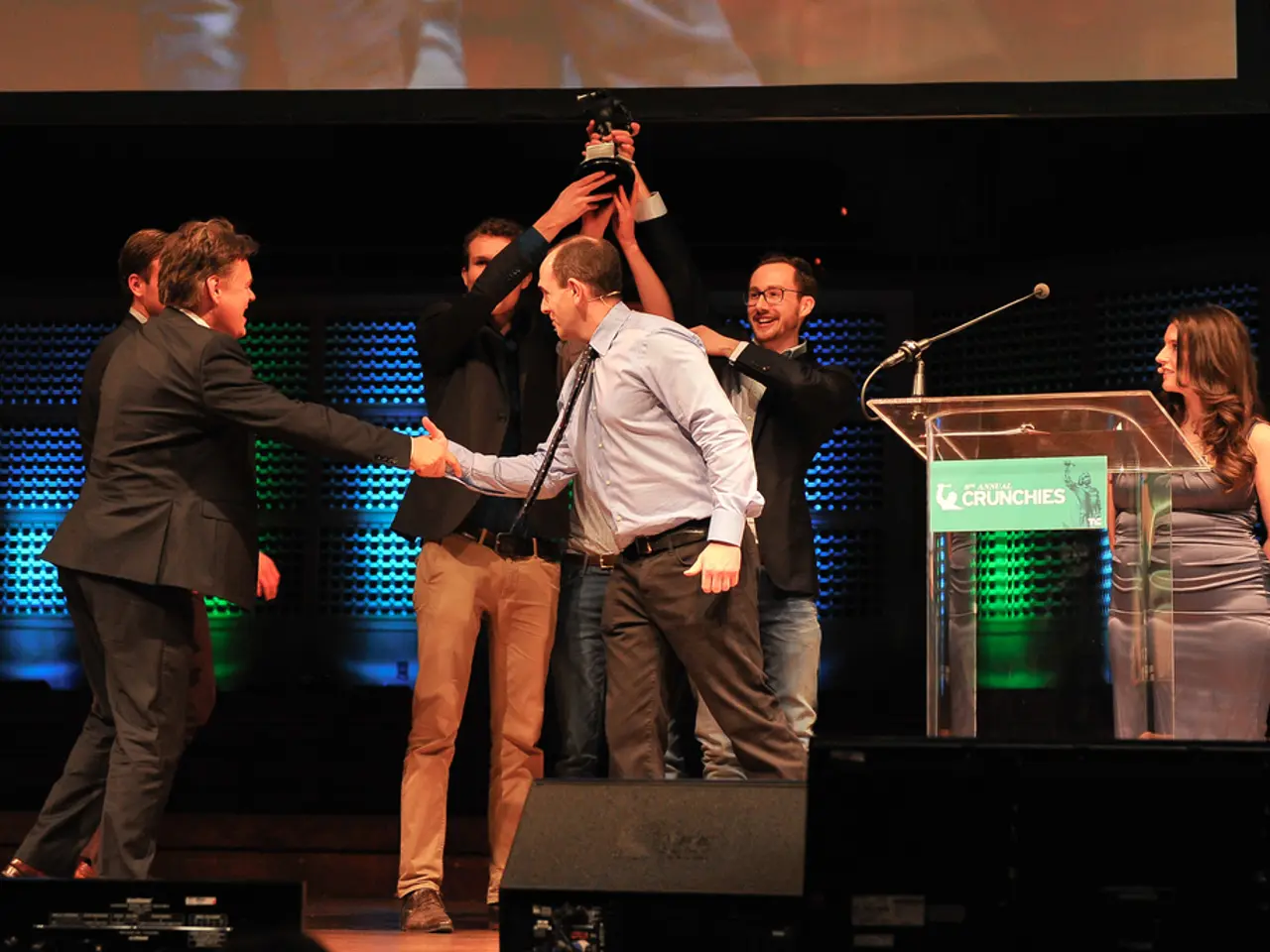Navigating the Conflicting Interests in the "Negotiator's Dilemma" through Simultaneous Equivalent Proposals
Negotiation, a common practice in various aspects of life, often presents a dilemma for negotiators - the inherent tension between using cooperative and competitive tactics. This dilemma, as described by Lax and Sebenius and others, is the focus of many studies and theories.
One such approach that aims to minimise the competitive aspect of the negotiator's dilemma is Multiple Equivalent Simultaneous Offers (MESO) negotiation. University of Toronto professor Geoffrey J. Leonardelli and his colleagues recommend this method instead of making just one offer.
In MESO negotiation, a negotiator presents their counterpart with a choice between two or more package offers that they value equally. Each package offer in MESO negotiation is aggressively focused on the negotiator's main concern, yet all offers are of equal value.
Experiments have shown that recipients of MESOs view their counterparts as more cooperative than those who receive just one offer. This could be due to the belief that they are claiming value for themselves while simultaneously accommodating their counterpart's interests. Recipients of MESOs counteroffers were less aggressive in response to MESOs than to single-package offers.
An example of MESO negotiation can be seen in a hiring scenario. A prized candidate might be presented with three package offers regarding salary, telecommuting, and contract duration. This approach allows the candidate to choose an offer without further negotiation, and it provides room for negotiation if the candidate chooses a less favourable offer.
Negotiation theories such as the Dual Concerns Model help negotiators create value without risking exploitation and claim value without jeopardizing relational capital. Fostering cooperative strategies while maintaining defence, as highlighted in the dilemma of being 'cooperative without compromising defence,' can assist in resolving negotiators' dilemmas.
However, offering many more packages in MESO negotiation could trigger 'choice overload,' overwhelming the counterpart with an excess of options and eliminating the benefits of multiple equivalent simultaneous offers.
Enlisting the help of a neutral third party can facilitate the exchange of useful information and reduce the odds that one party will take advantage in dealmaking negotiations. This neutral party can help create a fair and cooperative environment for both parties.
Notable figures such as Donald Trump and Enrique Peña Nieto have also expressed views on negotiation, with Trump depicting it as a competitive exercise, and Nieto viewing it as a cooperative enterprise where all parties can get what they want.
In conclusion, MESO negotiation offers a cooperative approach to negotiation, allowing both parties to create and claim value without compromising their interests excessively. However, it's important to consider the potential drawbacks, such as choice overload, and find a balance that suits the specific negotiation at hand. As Lax and Sebenius state, value creating and claiming are linked parts of negotiation, and neither a value creator nor a value claimer is completely right or wrong.
Read also:
- Strategizing the Integration of Digital Menus as a Core Element in Business Operations
- Financial Actions of BlockDAG Following Inter and Borussia Agreements: Anticipating Future Steps
- International powers, including France, Germany, and the UK, advocate for the reinstatement of sanctions against Iran.
- Companies urged to combat employee resignation crisis, as per findings from the Addeco Group




